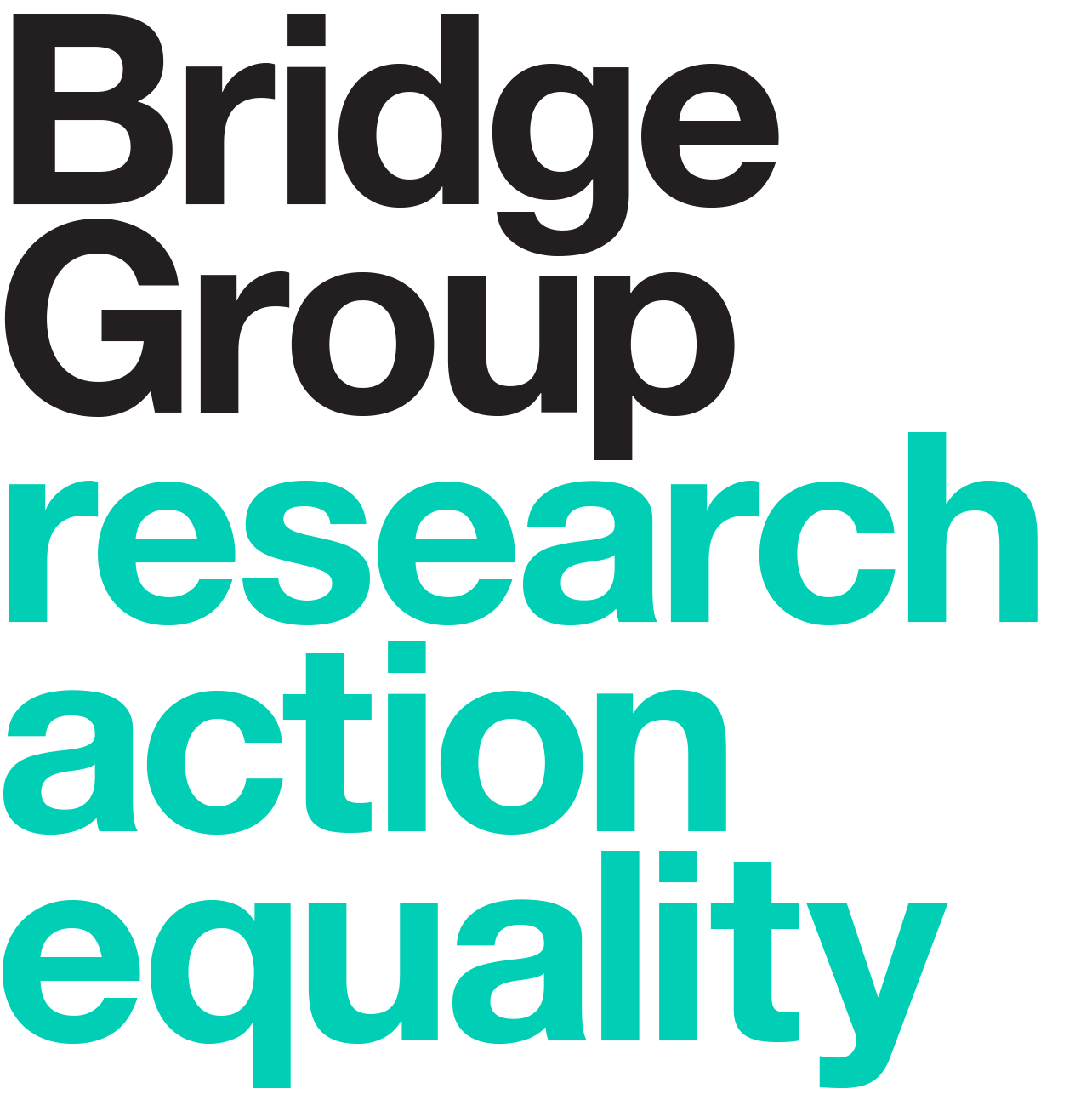Formalising access to mentoring supports diversity
Formalising access to mentoring supports diversity
Thursday 27 October is National Mentoring Day, which recognises the impact and benefits of mentoring to enterprise, education and society.
Mentoring can be powerful in helping people to navigate different pathways and options. This means it can be an important tool in addressing inequalities, through making opportunities available to a broader range of people.
In the Bridge Group’s work, particularly with employers, we have encountered a range of mentoring programmes as part of diversity initiatives and training. To mark National Mentoring Day, we’re sharing a key reflection on mentoring from some of our recent work. We have found that employees face inequalities in accessing mentoring. To address this, we recommend that employers ensure that formal mentoring programmes are in place.
In our work across a range of professions, such as engineering, law and finance, we’ve found that informal networks and mentoring are unevenly distributed, favouring people from higher socio-economic backgrounds (SEBs). The effect of this is often amplified when socio-economic background intersects with gender and ethnicity. This was particularly evident in our report Socio-economic diversity and progression to partner in the law. We found that employees from lower SEBs felt they first had to assimilate into the dominant culture in order to develop the informal networks required to access mentoring and progress within firms.
There was clearly a need to move away from opaque and inaccessible networks as the means of accessing mentoring. One of the Bridge Group’s key recommendations was therefore the introduction of formal mentoring programmes. Formalising mentoring aims to give greater transparency in processes and counterbalance the unequal access to networks. We further recommend that mentoring be arranged on a rotation model, such as changing mentor every three to six months. This helps to ensure that mentees encounter a diverse range of experience and expertise, but also has the benefit of minimising any personal tensions or interests.
Similar thoughts were reflected in our recent event looking at diversity in the Cultural and Creative Industries (CCI). Attendees identified the development of training and progression opportunities, such as mentoring, as the most important action for CCI organisations in supporting greater diversity across all levels. They too called for transparency and formal programmes to help employees access mentoring.
By Dr Helen Wareham, Senior Data Analyst at the Bridge Group
